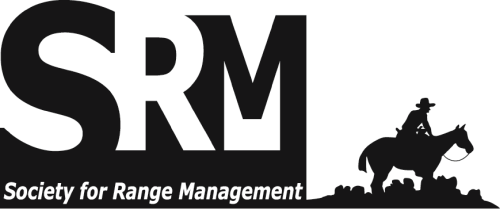The Borana Plateau is a high-elevation, semi-arid landscape. It has been inhabited for centuries by Borana pastoralists, who primarily herd cattle. The pastoral system has long-been regarded as one of the most sustainable in the region, but over the past 30 years destabilization has occurred via unplanned water development and steady growth in the human population. There have been increases in livestock numbers, but large die-offs regularly occur during droughts. The overall effect is a gradual ratcheting down of human welfare over time, with food insecurity and poverty increasing. Livestock pressure has contributed to widespread bush encroachment and soil erosion. In 2012 we started a research project founded on action research and community engagement to assess options to boost forage or livestock productivity. We currently have good and bad news. On the positive side, intense grazing pressure—with utilization rates often over 90%—is encouraging communities to creatively rethink their grazing-management traditions. Another plus is the remarkable recovery of perennial grasses in many sites when bush is removed or grazing protection provided. On the negative side, community assessments reveal that stocking rate is deemed uncontrollable. A new class of super-elite herd owners has emerged as a result of globalized livestock markets, and they are very resistant to destock. The vastly more numerous stockless poor who have been displaced must now survive on food aid. The rangeland environment requires massive restoration efforts that include protection of pond catchments, conversion of bushland to grassland, and re-creation of fodder reserves. This can only be attempted, however, after closely examining local governance—our current project focus. Efforts to catalyze change must consider how to create new incentives for destocking, stimulate “social compacts†among wealth classes, and assist traditional leaders and government policy makers to work together more effectively so that natural-resource management can be better administered.Â

Oral presentation and poster titles, abstracts, and authors from the Society for Range Management (SRM) Annual Meetings and Tradeshows, from 2013 forward.